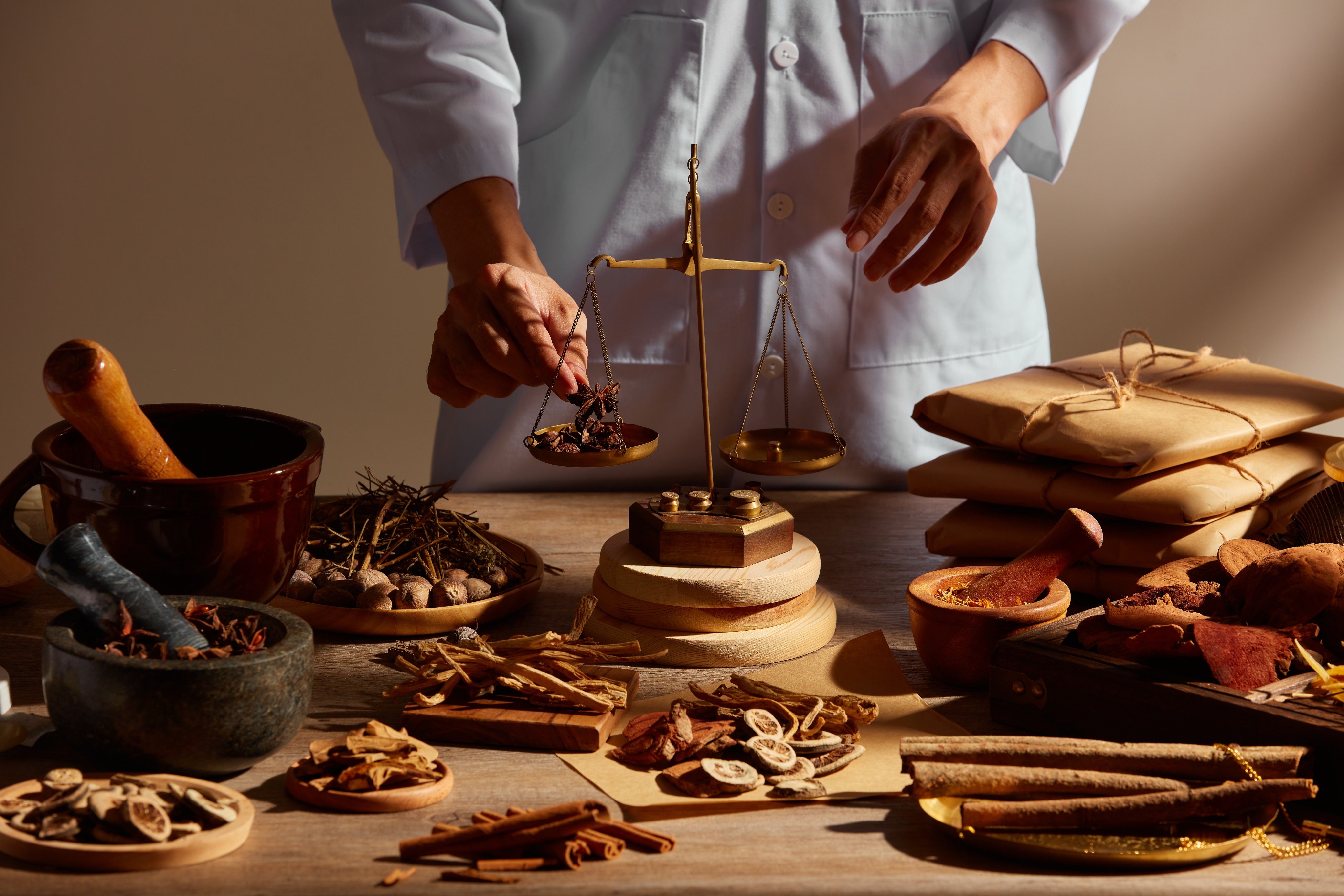Posted on April 1, 2024
The Magic of Chinese Herb Medicine: A Holistic Approach to Health and Wellbeing

Image Source: Google
Chinese herb medicine, also known as traditional Chinese medicine (TCM), has a long history dating back thousands of years. This ancient form of medicine focuses on treating the root cause of health issues rather than just the symptoms. Chinese herb medicine takes a holistic approach to health and wellbeing, aiming to balance the body's energy flow, or Qi, to promote overall wellness. In recent years, there has been a renewed interest in TCM as people seek natural and alternative ways to improve their health. To get more details about Chinese herb medicine, you can navigate to this site.
The Principles of Chinese Herb Medicine
1. Yin and Yang
- TCM is based on the concept of Yin and Yang, representing the dualities and opposites in the universe.
- Health is achieved when Yin and Yang are in balance, while illness occurs when there is an imbalance.
2. Qi and Vital Energy
- Qi is the vital energy that flows through the body's meridians, or energy pathways.
- When Qi is blocked or weakened, it can lead to health problems and disease.
The Magic of Chinese Herbs
1. Herbal Formulas
- Chinese herb medicine uses a combination of herbs in formulas to create a synergistic effect.
- Each herb in a formula has a specific function and works together with other herbs to achieve a desired therapeutic outcome.
2. Individualized Treatment
- TCM practitioners prescribe herbal formulas based on the individual's constitution, symptoms, and underlying imbalances.
- By tailoring treatment to the individual, Chinese herb medicine can address the root cause of health issues and promote long-term healing.
Benefits of Chinese Herb Medicine
1. Supports Overall Health
- Chinese herb medicine takes a holistic approach to health, addressing the interconnectedness of the body, mind, and spirit.
- By balancing the body's energy and addressing underlying imbalances, TCM can support overall health and wellbeing.
2. Natural and Safe
- Chinese herbs are natural substances that have been used for centuries to promote health and treat various health conditions.
- When prescribed by a qualified TCM practitioner, Chinese herb medicine is safe and effective with minimal side effects.
3. Treats Root Cause
- Unlike Western medicine, which often focuses on treating symptoms, Chinese herb medicine aims to address the root cause of health issues.
- By treating the underlying imbalances in the body, TCM can promote long-term healing and prevent future health problems.
How to Incorporate Chinese Herb Medicine into Your Wellness Routine
1. Consult a TCM Practitioner
- Before starting any Chinese herb medicine regimen, it's important to consult a qualified TCM practitioner.
- A TCM practitioner will assess your health history, symptoms, and constitution to create a personalized treatment plan.
2. Follow Herbal Recommendations
- Follow your TCM practitioner's recommendations for herbal formulas, dosage, and treatment duration.
- Consistency is key when it comes to Chinese herb medicine, so be sure to take your herbs as prescribed.
3. Combine with Other Holistic Practices
- In addition to Chinese herb medicine, consider incorporating other holistic practices such as acupuncture, tai chi, or qigong into your wellness routine.
- These practices can complement the effects of Chinese herb medicine and promote overall health and wellbeing.
Conclusion
Chinese herb medicine offers a holistic approach to health and wellbeing, focusing on balancing the body's energy flow to promote overall wellness. By addressing the root cause of health issues and treating the whole person, TCM can support long-term healing and prevent future health problems. If you're looking for a natural and alternative way to improve your health, consider exploring the magic of Chinese herb medicine with the guidance of a qualified TCM practitioner.
